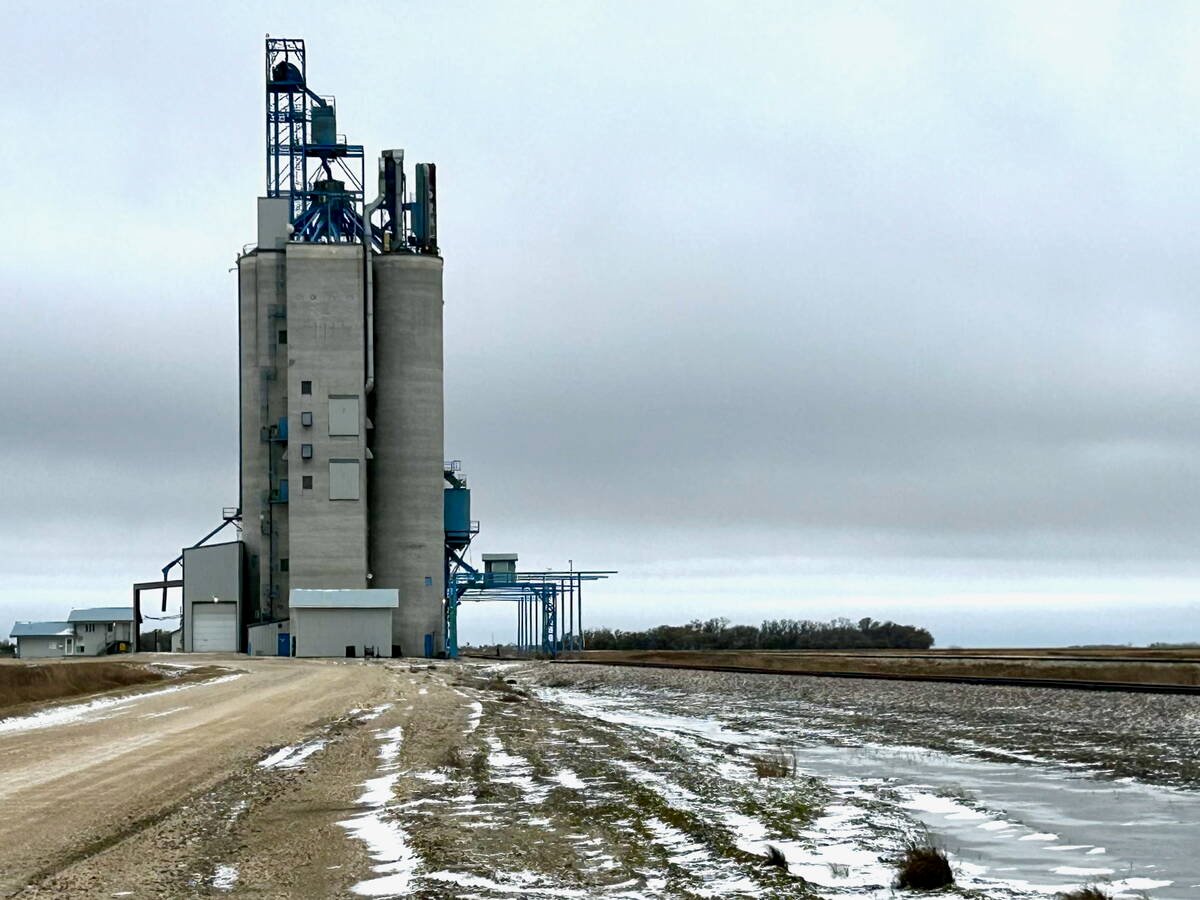Provincial plants | New system will replace services provided by CFIA
The British Columbia government will set up its own system of provincial meat inspectors to replace services now provided by the Canadian Food Inspection Agency.
B.C. agriculture minister Norm Letnick said Feb. 22 that $6.4 million has been budgeted to set up a provincial system. As well, inspection is expected to cost $5.6 million a year.
The province paid the CFIA $1.2 million per year to handle meat inspection, but the federal government is withdrawing services for provincial plants at the end of this year.
The CFIA will continue to inspect federal plants in the province.
Read Also

Manitoba grain elevator ownership expands
Carman-based Linear Grain buys Fannystelle elevator from Bunge, another three elevators sold to Morden’s BP & Sons Grain and Storage Inc.
Letnick said his ministry considered various inspection options before making its plan. A risk-based system, though cheaper, was rejected, he said.
“It can be less expensive, but the industry made it very clear to government, and we accepted as well, that the best solution would be to have the traditional inspection system,” the minister said in a conference call.
The province will initially hire 43 people to operate the system, which will be in place by Jan. 1.
Trained provincial meat inspectors will be placed in Class A and B abattoirs. The former are slaughter and processing facilities, and the latter are slaughter only.
Audit programs will be implemented for these plants, as well as a requirement for written food safety procedures.
The plan includes a two-year pilot project that will issue up to five more Class E licences to producers in the north Okanagan. That type of licence allows producers to slaughter and sell up to 10 animals per year directly to consumers. Animals can be slaughtered on the farm and taken to a cut and wrap facility located within a two hour drive.
Letnick said grocery stores are interested in offering more B.C. beef, so additional licences provided to smaller producers should not affect sales by Class A and B licence holders.
These new licences are expected to be issued and put in place by fall, said Letnick.
“We’re going to roll that out over the next two years. We’re going to make sure that we test our assumptions, that they can provide safe meat products, that they are not going to adversely impact the economic viability of our As and Bs.”
A mobile slaughter facility will be established in 100 Mile House because of that region’s distance from abattoirs.
Other communities can also apply for mobile slaughter facilities if they meet certain criteria.
The provincial health department, the B.C. Cattlemen’s Association and the B.C. Association of Abattoirs issued statements in support of the new inspection plan.
“Our goal as ranchers is to always deliver a safe product to our consumers,” said BCCA general manager Kevin Boon.
“With input from industry, we believe the provincial government has done a very good job of developing a system that will satisfy the needs of consumers, producers and processors alike.”















